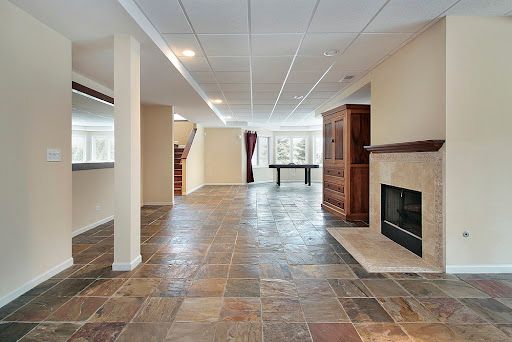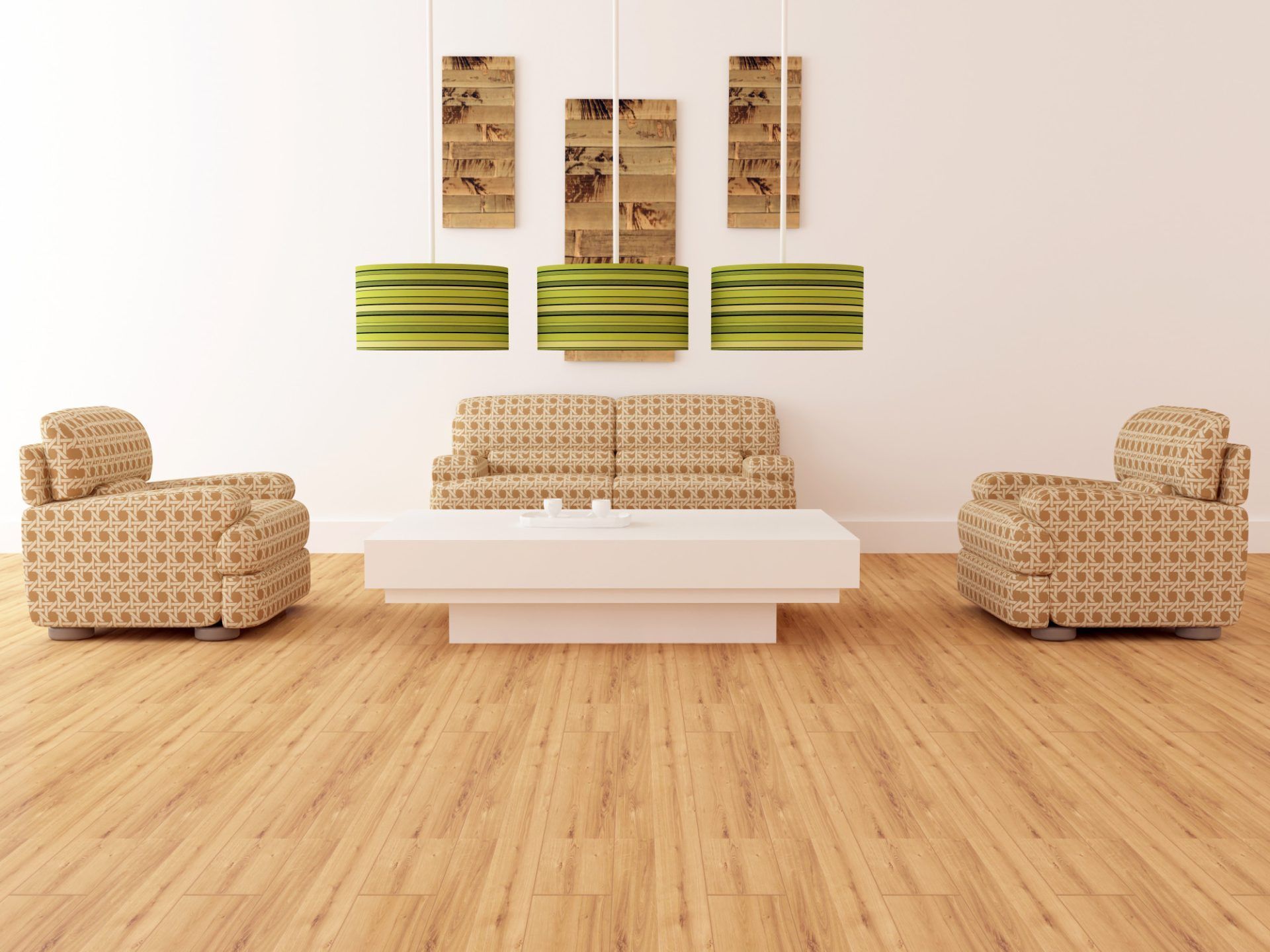Choosing the right flooring for your Phoenix home can make a big difference in comfort and style. The hot, dry climate and temperature swings in Phoenix affect which floors work best. The top flooring choices for Phoenix homes are tile, luxury vinyl plank, and engineered hardwood.
Tile is a great option that stands up well to heat and doesn't expand or contract much. Luxury vinyl plank flooring looks like wood but is more stable in changing temperatures. Engineered hardwood gives you a real wood look that's more durable than solid hardwood in Phoenix weather.
Your lifestyle and budget also play a role in picking floors. This guide will help you find the best flooring for each room in your home. You'll learn about the pros and cons of different materials for Phoenix's unique climate. We'll also cover costs and care tips to keep your new floors looking great for years to come.
Understanding Phoenix's Climate and Its Impact on Flooring
Phoenix has a hot desert climate with extreme heat and intense sun exposure. These conditions greatly affect flooring choices for homes in the area.
Temperature Fluctuations and Material Durability
Phoenix sees big swings in temperature throughout the day and year. Summers bring highs over 100°F, while winter nights can dip below freezing. This causes flooring materials to expand and contract.
You'll want to pick floors that can handle these changes. Tile is a top choice as it withstands heat well. It stays cool underfoot and resists cracking. Luxury vinyl plank is another good option. It's stable in changing temps.
Wood floors can warp or gap in Phoenix's dry heat. If you love wood, engineered hardwood is more stable than solid. Avoid soft woods like pine. Harder species like oak or hickory hold up better.
Sun Exposure and UV Resistance
Phoenix gets over 300 sunny days per year. This intense sunlight can fade and damage many flooring types.
You need UV-resistant options to prevent discoloration. Porcelain tile is ideal. It won't fade even in direct sun. Some vinyl flooring has UV-resistant coatings. This helps it stay vibrant longer.
Natural stone like slate or travertine also resists fading. But it needs sealing to prevent staining. Concrete stained with UV-stable pigments is another durable choice.
For wood floors, use UV-cured finishes. These protect against sun damage better than standard polyurethane. Area rugs can also shield floors in sunny spots.
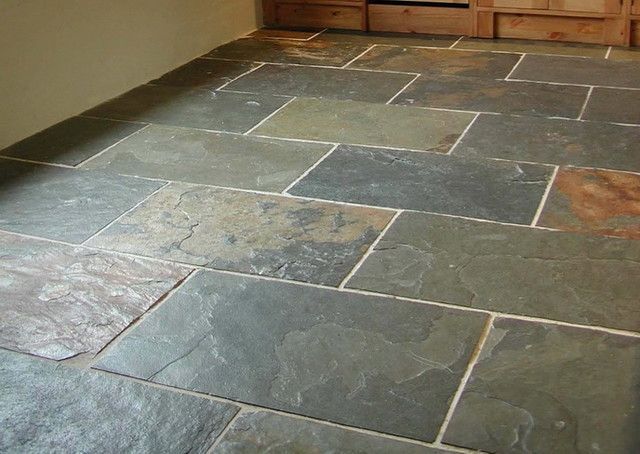
Assessing Your Lifestyle and Flooring Needs
Your home's flooring needs to match your daily life and health requirements. The right choice depends on how you use your space and any special concerns you may have.
Evaluating Home Traffic and Usage
Think about who uses your home and how often. Do you have kids or pets? Busy homes need durable flooring that can handle spills and scratches.
For families with children, consider easy-to-clean options like luxury vinyl or tile. These floors stand up well to toys and active play.
If you have pets, look for scratch-resistant floors. Hardwood might not be the best choice, but laminate or ceramic tile could work well.
For quieter homes or areas with less foot traffic, you have more options. Plush carpet might work in bedrooms, while softer woods could suit living rooms.
Allergies and Health Considerations
Your flooring choice can affect your home's air quality. If you have allergies, some options are better than others.
Carpet can trap allergens, making it hard to keep clean. Hard surfaces like tile or vinyl are easier to keep free of dust and pollen.
For those with asthma, smooth floors are often best. They don't hold onto irritants that can trigger breathing issues.
If you want carpet, look for low-pile options with tight weaves. These trap fewer allergens and are easier to clean thoroughly.
Consider using area rugs on hard floors. You can wash them regularly to remove allergens, unlike wall-to-wall carpet.
Top Flooring Materials for Phoenix Homes
Phoenix homes need durable, heat-resistant flooring that can handle the hot, dry climate. The best options keep homes cool and require little upkeep. Let's look at three top choices for Phoenix homeowners.
Tile Flooring
Tile is a great pick for Phoenix homes. It stays cool in hot weather and lasts a long time. You can choose from many colors and styles to match your home.
Ceramic and porcelain tiles are popular. They're easy to clean and don't soak up spills. This helps keep your home fresh in the desert heat.
Tile works well in kitchens, bathrooms, and living areas. It can even look like wood or stone. Tiles come in different sizes, from small mosaics to large formats.
One downside is that tile can be hard and cold. You might want to add rugs in some spots for comfort.
Concrete Flooring
Concrete floors are tough and fit well with modern home styles. They can take the heat and don't warp or crack easily.
You can stain or polish concrete to get different looks. This makes it flexible for many home designs. Concrete also helps keep your home cool, which saves on air conditioning costs.
These floors are very easy to clean. Just sweep and mop, and you're done. They don't harbor dust or allergens, which is good for your health.
The main con is that concrete can be hard on your feet. Like tile, you might want some rugs. Also, if not sealed well, it can stain.
Laminate Flooring
Laminate is a smart choice if you want the look of wood without the high cost. It holds up well in dry climates like Phoenix.
This flooring type comes in many wood-like styles. You can get the warm feel of hardwood that fits your home's style. Laminate is also easier to install than real wood.
It's more scratch-resistant than hardwood, which is good if you have pets. Cleaning is simple - just sweep or vacuum, then use a damp mop.
Laminate can't be refinished like real wood. But it's cheaper to replace when needed. Be careful with water, as too much can damage the boards.
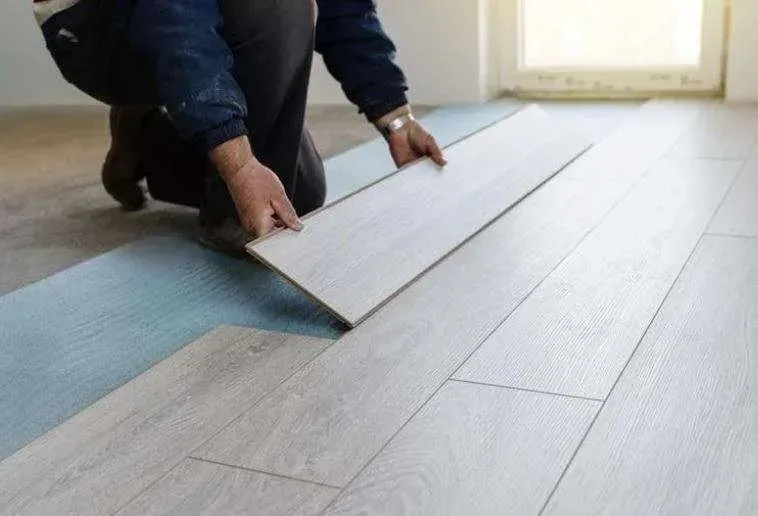
Pros and Cons of Common Flooring Options
When choosing flooring for your Phoenix home, it's important to weigh the pros and cons of different materials. Each option has unique features that may fit your needs and lifestyle.
Hardwood Versus Engineered Wood
Hardwood floors offer timeless beauty and can last over 25 years with proper care. They add value to your home and can be refinished multiple times. But hardwood is expensive and can warp in humid conditions.
Engineered wood is more stable in changing climates. It resists moisture better than solid hardwood. This makes it a good choice for Phoenix's dry heat. Engineered wood is also easier to install and often costs less.
Both options can scratch and dent. Hardwood may fade in direct sunlight. Engineered wood has a thinner top layer, limiting how many times you can refinish it.
Carpet Versus Area Rugs
Wall-to-wall carpet provides warmth and comfort underfoot. It's a good insulator and can help reduce noise. Carpet is often cheaper than hard flooring options. But it can trap allergens and is harder to clean than hard surfaces.
Area rugs offer flexibility. You can easily change them to update your room's look. Rugs protect your floor underneath and add warmth to hard surfaces. They're easier to clean or replace than wall-to-wall carpet.
Carpet may need replacing every 5-10 years, while quality area rugs can last much longer. Both options come in many colors and styles to fit your decor. Consider your lifestyle and maintenance preferences when choosing between carpet and area rugs.
Cost Analysis of Flooring Options
Choosing the right flooring for your Phoenix home involves weighing both upfront costs and long-term expenses. Let's look at the financial aspects of different flooring options to help you make an informed decision.
Initial Investment Costs
Carpet is often the most affordable option for Phoenix homes, with prices ranging from $2 to $7 per square foot installed. Vinyl and laminate flooring fall in the mid-range, costing between $3 and $10 per square foot.
Hardwood flooring comes with a higher price tag, typically $8 to $15 per square foot installed. Tile can vary widely in price, from $5 to $20 per square foot, depending on the material and quality.
Natural stone like marble or granite is usually the most expensive option, often exceeding $20 per square foot installed.
Long-Term Maintenance Expenses
Carpet may be cheap upfront, but it needs regular cleaning and replacement every 5-10 years. This can add up over time.
Laminate flooring is low-maintenance and can last 15-25 years with proper care. It's resistant to scratches and fading, making it a cost-effective choice long-term.
Hardwood floors can last a lifetime if well-maintained. They may need refinishing every 10-15 years, which costs $3-$8 per square foot.
Tile and stone are extremely durable and can last 50+ years. They require minimal maintenance beyond regular cleaning, making them cost-effective in the long run despite higher initial costs.
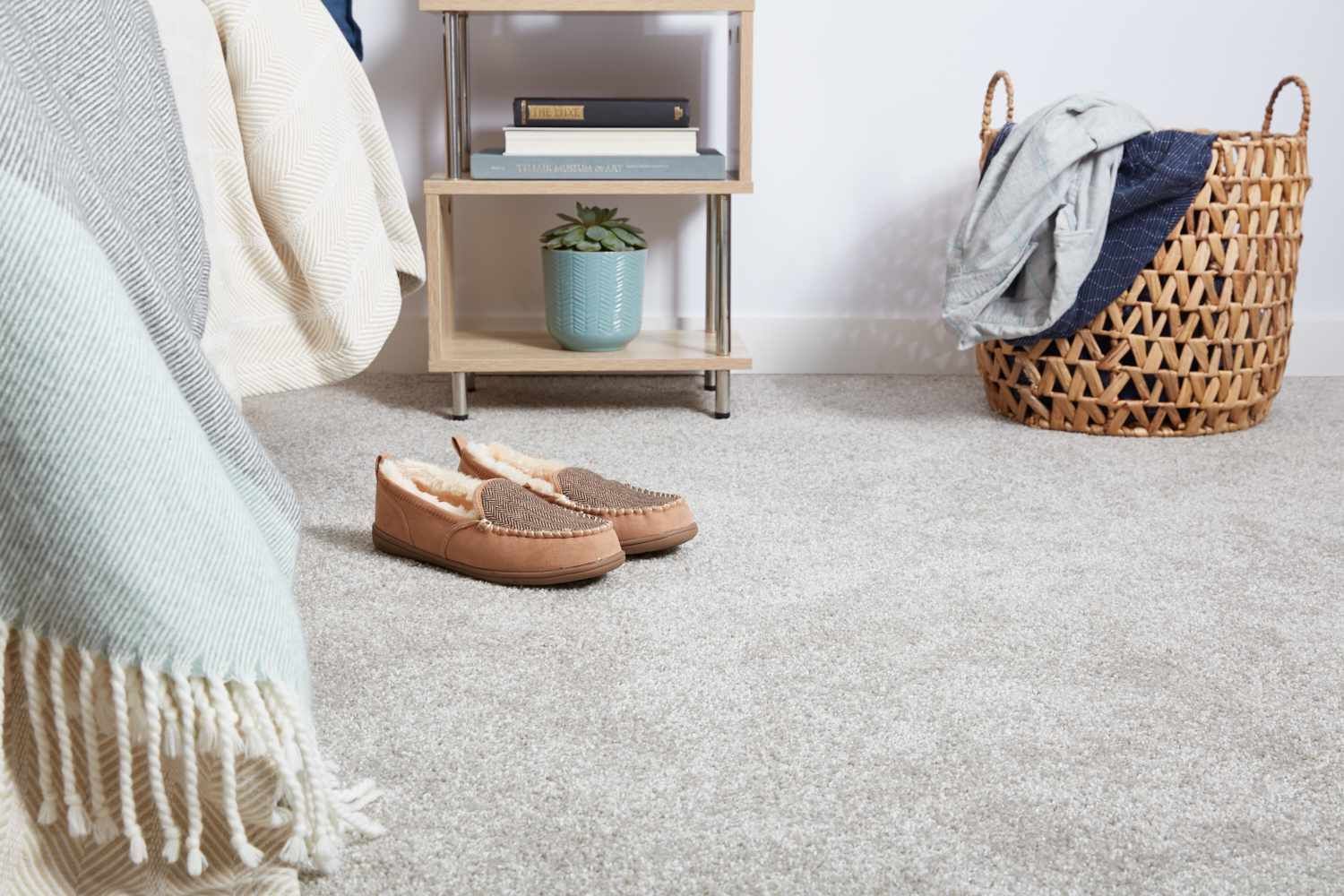
Sustainability and Eco-Friendly Flooring Choices
Green flooring options offer both style and environmental benefits. You can find sustainable materials that look great while reducing your home's carbon footprint.
Recycled and Renewable Materials
Bamboo flooring is a top eco-friendly choice. It grows fast and reaches maturity in about 5 years. Bamboo needs no pesticides to thrive.
Cork is another green option. It comes from tree bark that regrows, making it highly renewable. Cork floors are soft, warm, and good at reducing noise.
Reclaimed wood gives old materials new life. You can find unique flooring with character from salvaged barn wood or old buildings. This option saves trees and keeps wood out of landfills.
Wool carpets offer a natural, sustainable choice. They're durable, resist stains, and don't need harsh chemicals to clean.
Energy-Efficient Manufacturing
Look for flooring made with low-energy processes. Some companies use solar or wind power in their factories. This cuts down on fossil fuel use.
Water-based finishes are better for the air quality in your home. They give off fewer harmful fumes compared to oil-based options.
Choose flooring certified by groups like the Forest Stewardship Council (FSC). This ensures the wood comes from responsibly managed forests.
Some manufacturers now use recycled content in their products. You can find tiles made from recycled glass or plastic. These materials would otherwise end up in landfills.
Installation Tips and Professional Services in Phoenix
Proper flooring installation is crucial for longevity and appearance. Phoenix homeowners have options for DIY projects or hiring professionals.
DIY Installation Considerations
DIY flooring installation can save money but requires careful planning. For wood floors, acclimate the planks to Phoenix's dry climate for at least 48 hours before installation. This prevents warping later.
Choose the right installation method for your subfloor. Floating floors work well on concrete, common in Phoenix homes. They're easier for DIY and handle humidity changes better.
Measure your room carefully and buy 10% extra material for cuts and waste. Rent or buy quality tools like saws, spacers, and a tapping block.
Take time to prep the subfloor properly. It must be clean, dry, and level. Fill any cracks or dips.
Finding a Reputable Flooring Installer
For complex jobs, hiring a pro ensures quality results. Ask friends for recommendations or check online reviews. Top-rated Phoenix installers often have years of experience with local conditions.
Get at least three quotes from licensed, insured contractors. Ask about their experience with your chosen flooring type.
Check references and past work. Good installers will gladly show photos or let you visit completed projects.
Discuss the timeline and any prep work you need to do. Clear the room and make a plan for furniture.
Get a detailed contract covering materials, labor, and warranty. Ask about disposal of old flooring and any extra fees.
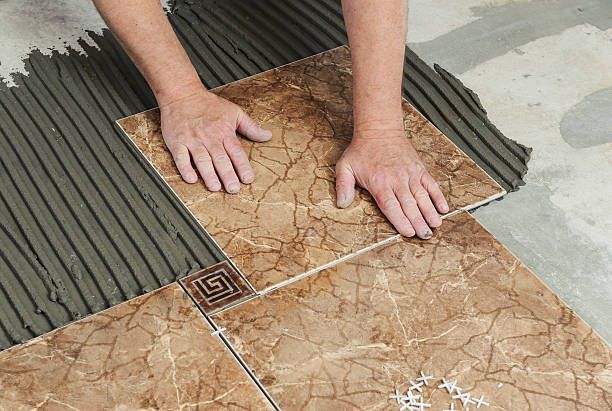
Care and Maintenance of Phoenix Flooring
Taking care of your floors in Phoenix is key to making them last. The dry heat and dust can be tough on flooring.
Sweep or vacuum your floors often. This gets rid of dirt that can scratch the surface. Mop hard floors weekly with a damp mop. Don't use too much water.
For carpet, have it cleaned by pros once a year. This removes deep dirt and keeps it fresh.
Put mats at doors to catch dirt before it gets inside. Use felt pads under furniture legs to stop scratches.
Keep blinds closed during the hottest part of the day. This protects your floors from sun damage.
Fix spills right away. Standing water can harm many types of flooring.
Choose flooring that matches your Phoenix lifestyle. Some floors need more care than others.
Here's a quick care guide for common floor types:
- Hardwood: Dust mop daily, damp mop weekly
- Tile: Sweep often, mop with mild cleaner
- Carpet: Vacuum twice a week, treat stains fast
- Vinyl: Sweep daily, mop with warm water
Remember, the right care keeps your floors looking great for years.
Flooring Trends and Innovations
Phoenix homes are seeing exciting new flooring trends in 2024. These options mix style, durability, and comfort for the unique Arizona climate.
Eco-friendly flooring is gaining popularity. Bamboo, cork, and reclaimed wood are top choices. They're sustainable and work well in Arizona's hot, dry weather.
Luxury Vinyl Tile (LVT) is another hot trend. It's tough, affordable, and comes in many styles. LVT can mimic wood or stone, giving you a high-end look for less.
Innovative designs are making a splash too. You'll see:
- Bold patterns
- Mixed materials
- Unique textures
These add visual interest to your floors.
Smart flooring is on the rise. Some options include:
- Built-in heating systems
- Scratch-resistant coatings
- Easy-clean surfaces
These features make your life easier and your floors last longer.
Remember to pick flooring that fits your lifestyle and budget. The right choice can transform your Phoenix home, adding both beauty and value.
Summing Up
Choosing the right flooring for your Phoenix home is crucial. The hot climate and unique lifestyle needs must be considered.
You have many great options to pick from. Hardwood adds warmth and character. Tile stays cool and is easy to clean. Carpet provides comfort underfoot.
Think about your priorities. Do you want durability? Easy maintenance? A specific look? Match the flooring to each room's purpose.
Your budget also matters. Some materials cost more upfront but may last longer. Others are cheaper to install but need replacing sooner.
For expert help, turn to Phoenix Flooring Company. Our team knows local conditions and can guide you to the perfect choice. We offer a wide selection of quality floors.
Phoenix Flooring Company handles everything from selection to installation. You can trust us to transform your home with beautiful new floors.
Make an informed decision for your Phoenix home. The right flooring enhances comfort, style, and value for years to come.
